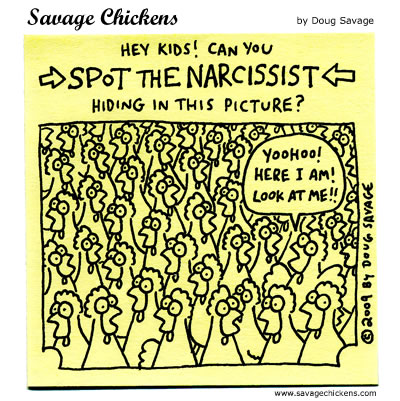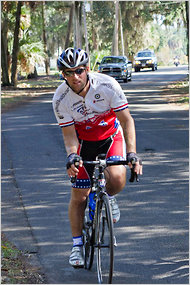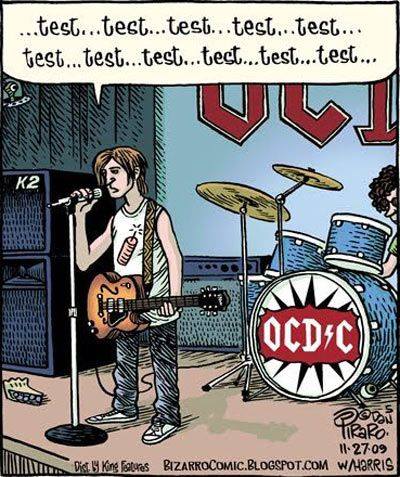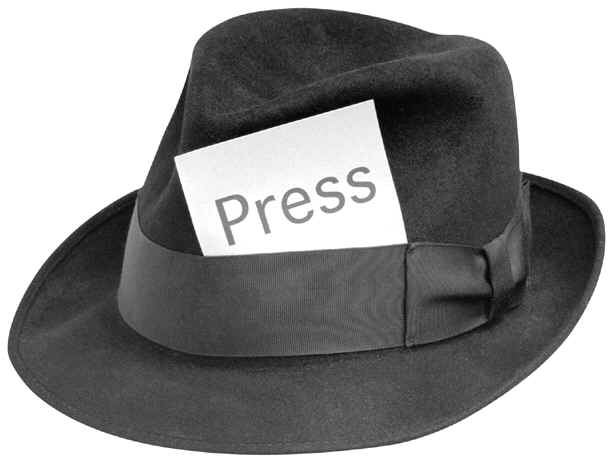A good friend whose frequent critiques have given me more ideas for blog posts than probably anyone else was at it again this weekend.
I made a joke about a mutual friend talking too much about himself. (I was busting balls. That mutual friend is really a humble guy.) To that, my friend the critic asked, “What about people who write about themselves all the time?”
Mood music:
He’s right. I do write about myself a lot. I do it for a specific purpose — using myself as a lab rat in the ongoing experiment of OCD management — but I won’t lie and tell you that I go at it from a purely humble, selfless direction. When people find my work valuable, my ego swells. Where there’s a big ego, there’s narcissism. I’m somewhat of a rare breed because I come right out and admit it. No one likes to admit they have narcissistic behavior.
My friend has a narcissistic streak as well. He posts a ton about his workouts, travels and job. That’s fine by me and everyone else, because he’s an interesting guy bringing good stuff to the table.
Many of our friends and colleagues are the same way. To varying degrees we have healthy egos and share a lot about ourselves, particularly on Facebook, Twitter and other social networks.
Social media is a lot like Middle Earth in Lord of the Rings. For us, the ring isn’t something Frodo Baggins wears around his neck. It’s the narcissism we each carry within ourselves. We are a fellowship of narcissists.
Not that I’m completely comfortable about that. I’m always trying to be a better person, and I know my sense of humility needs work. That’s what my faith tells me. That’s what my recovery program tells me.
But knowing and practicing are two different things.
It’s something I’ll keep working on. For now, I take comfort in knowing I’m not traveling this road alone.


 Clay Hunt participating in a 2010 Florida ride with the Ride 2 Recovery veterans organization. Hunt, who was active in various public service groups, took his own life in March 2011. Photo by the Associated Press
Clay Hunt participating in a 2010 Florida ride with the Ride 2 Recovery veterans organization. Hunt, who was active in various public service groups, took his own life in March 2011. Photo by the Associated Press

